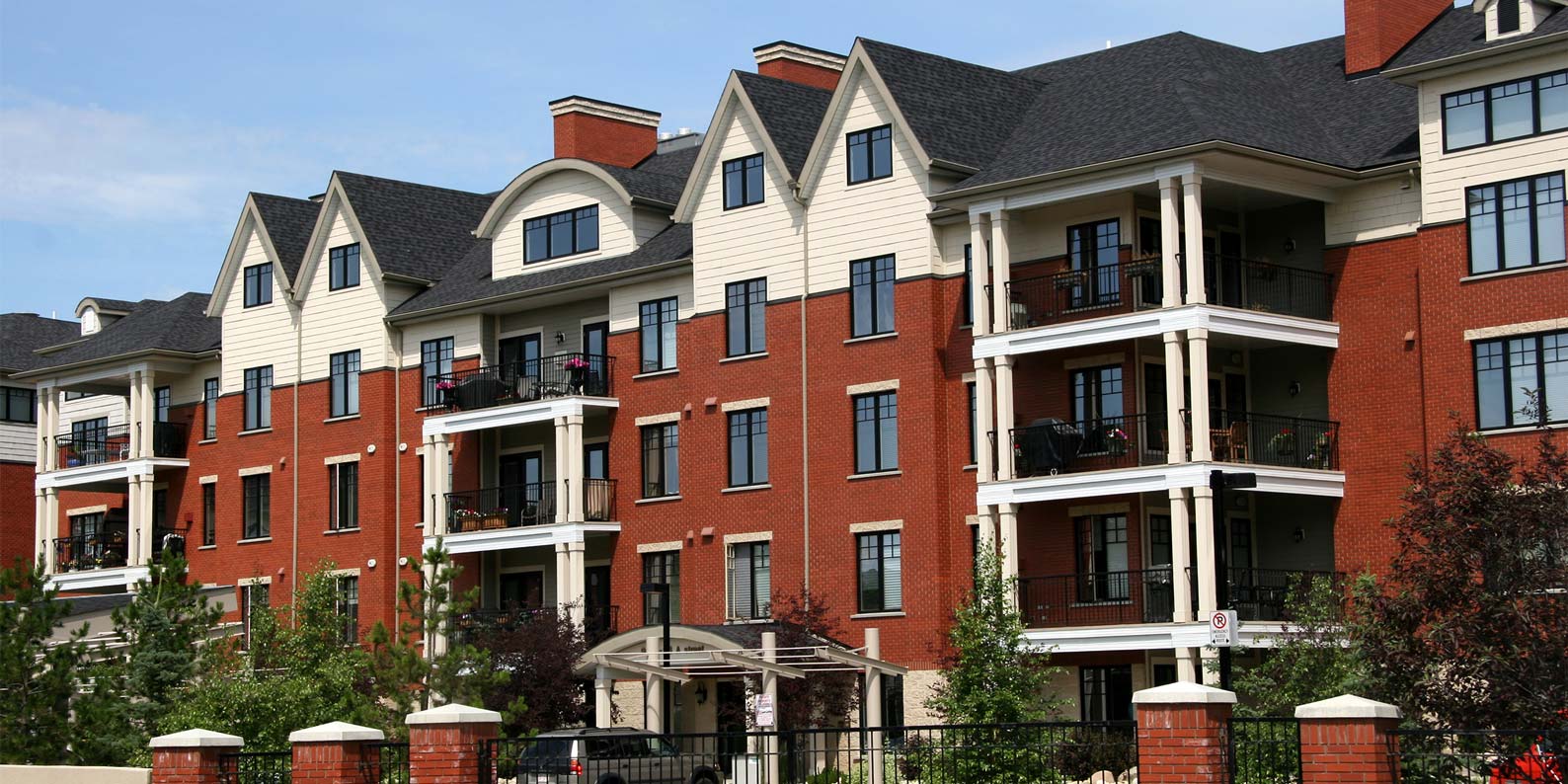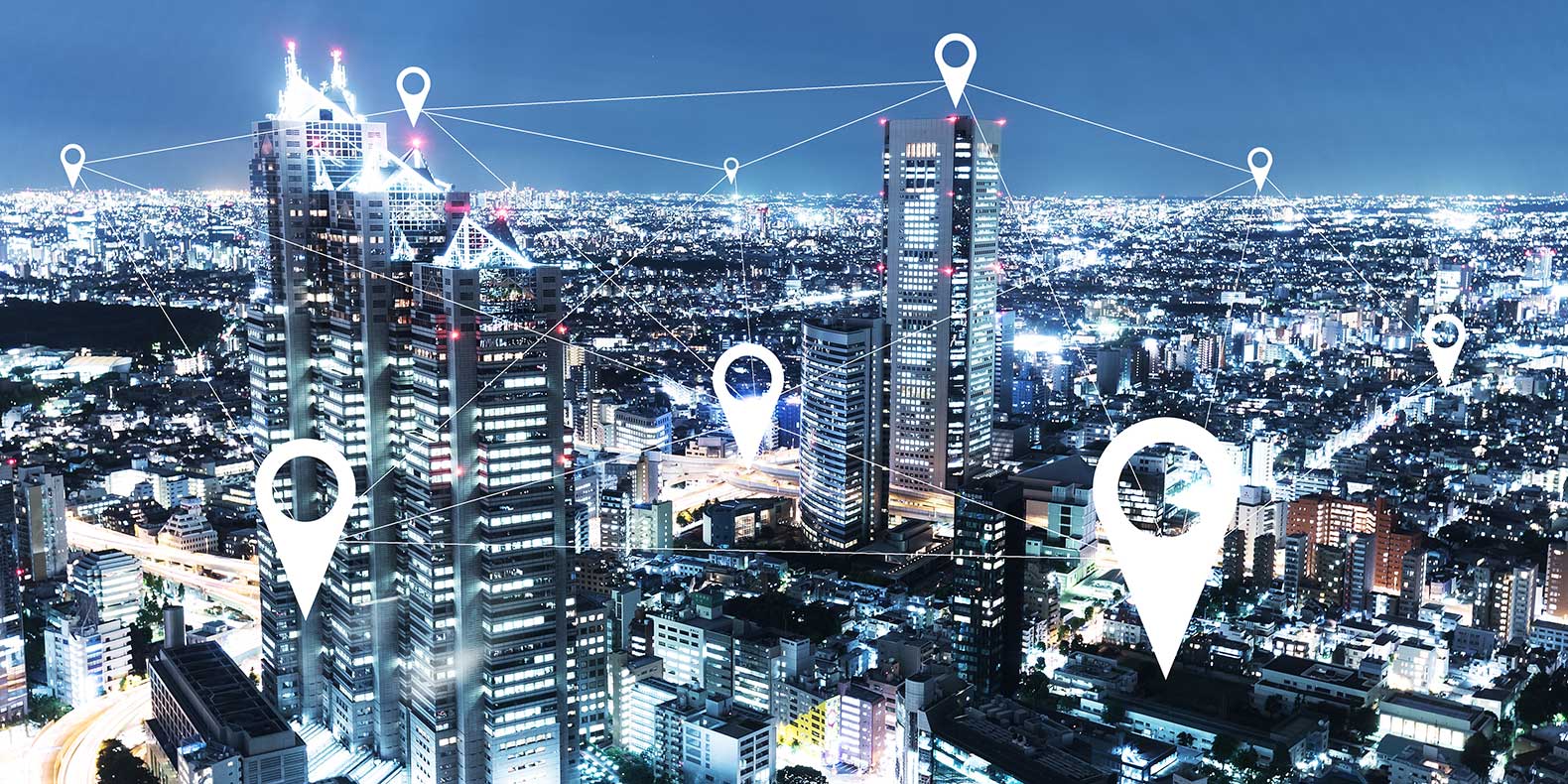Small to medium-sized businesses (SMBs) face an array of security threats, and it’s crucial to not overlook these challenges. Unlike larger corporations with substantial budgets, resources, and dedicated security teams, SMBs often have limited means dedicated for security purposes. SMBs must be more diligent and strategic in their approach to security to maximize the effectiveness of their investments.
By investing in physical security and adopting a proactive mindset, SMBs can create a safe and secure environment for their operations. In the following sections, we will explore some of the most pressing SMB security threats in greater detail and provide actionable insights and recommendations to enhance their security posture.
1. Unauthorized Access to On-Site Facilities
Unauthorized access is a significant security threat for SMBs. Intruders gaining unauthorized entry can lead to various consequences, including theft, vandalism, data breaches, and physical harm to those present. SMBs must prioritize implementing effective access control measures to prevent unauthorized access incidents.
One of the most effective ways to mitigate unauthorized access is by implementing access control systems. These systems can include key cards, biometric readers, or security personnel stationed at entry points. Key cards or biometric readers provide an added layer of security by ensuring only authorized individuals with valid credentials can enter specific areas of the premises.
Additionally, regularly reviewing and updating access privileges is necessary to maintain a secure environment. Employees and contractors should only have access to areas essential for performing their duties. Regularly auditing access privileges and promptly revoking access for individuals who no longer require it, such as terminated employees or contractors, helps prevent security breaches.
2. Internal and External Theft
Many smaller businesses don’t have the luxury to incur losses from theft that larger businesses can absorb, making it essential to curtail the problem before it ever becomes one. Theft can be enacted by external individuals or by employees who already have access to valuable assets or sensitive information. It is crucial for SMBs to implement robust security measures to mitigate the risks associated with both internal and external theft.
One effective way to deter theft is by implementing comprehensive security protocols. Installing high-quality locks, security cameras, and alarms throughout the premises can act as a deterrent and provide valuable evidence in case of an incident. Adequate lighting, both indoors and outdoors, helps increase visibility and discourage unauthorized individuals from gaining access.
When it comes to your internal team, it's also important to create a positive work culture based on integrity, transparency, and accountability. When employees feel recognized and appreciated, they are far less likely to engage in illegal activity while on or off the clock. By working with employees to ensure their basic needs are met while on the job will help maintain a secure environment and help protect your business's assets and reputation.
3. Fire Emergencies
Fires can have devastating consequences for SMBs, resulting in financial losses, business interruption, and potential harm to individuals. One of the first steps in fire safety is conducting a thorough fire risk assessment of the premises. Utilize an assessment to identify potential fire hazards, such as faulty electrical systems, flammable materials, or inadequate fire suppression equipment.
By understanding these risks, SMBs can develop tailored fire prevention strategies. Installing fire detection systems, such as smoke detectors and fire alarms, are also essential. These systems provide early warning signs of fire, allowing occupants to evacuate safely and enabling prompt response from local fire authorities. Regularly testing and maintaining these systems is crucial to ensure their effectiveness.
4. Natural Disasters
Natural disasters may be rare occurrences. But it’s something businesses should always prepare for to mitigate damages. Geographic location plays a key part in an SMB’s inherent risk to a natural disaster. SMBs should thoroughly assess the risks associated with their location, which includes studying historical data, consulting with local authorities, and considering the likelihood and potential impact of different types of natural disasters.
Even if your business doesn’t reside in a historically impacted area, don’t expect a natural disaster can’t impact you in the future. At the very least, businesses should develop a comprehensive emergency response plan specific to each type of natural disaster. The plan should outline evacuation procedures, communication protocols, and designated safe areas. Training employees on the plan, conducting drills, and periodically reviewing and updating it is also crucial to ensure an effective response during an actual emergency.
Additionally, if businesses have enough resources, they should consider structural reinforcements and retrofitting measures to help make their buildings more resistant to natural disasters. For example, reinforcing walls, roofs, and foundations can enhance their ability to withstand high winds or seismic activity. It’s important to consider these measures when evaluating your business’s risks from its geographic location.
5. Opting for the DIY Security Route
Many SMBs often face financial constraints and tight budgets, which can lead them to prioritize cost-cutting measures in various aspects of their operations. When it comes to security, some of these businesses may opt to pursue security independently to save money or run an outdated system. They may believe hiring a security provider is an unnecessary expense they can handle independently.
However, there are several reasons why partnering with a security provider like Vector Security can be highly beneficial for these businesses. Vector Security brings over 50 years of experience in the security industry, specifically working with many SMBs that provide vital goods and services to their local and regional communities. Our expertise ensures we understand our partners unique challenges and needs, and we work together to provide tailored security solutions.
While the temptation to save money may be strong, businesses should consider the potential risks and drawbacks associated with the DIY approach. In contrast, partnering with someone like Vector Security offers businesses more benefits in the long-run. You can rest assured we are committed to delivering top-notch security solutions and services for your business. If you would like to learn more, feel free to contact us today.



